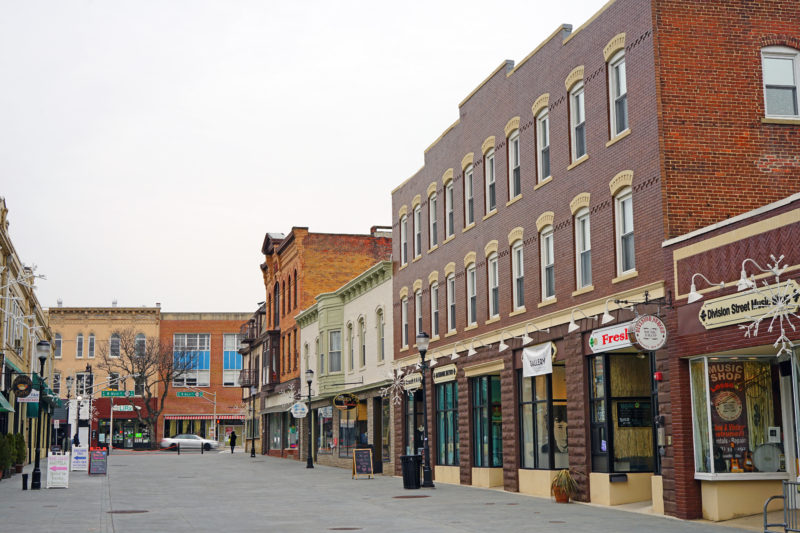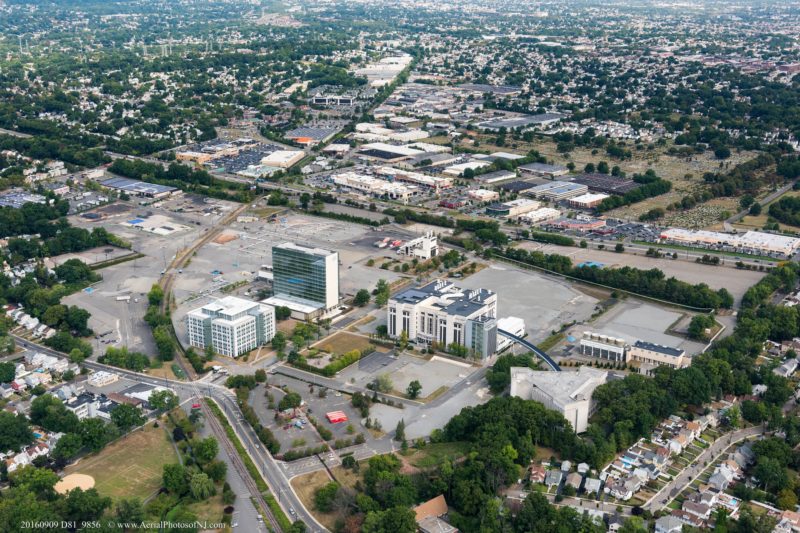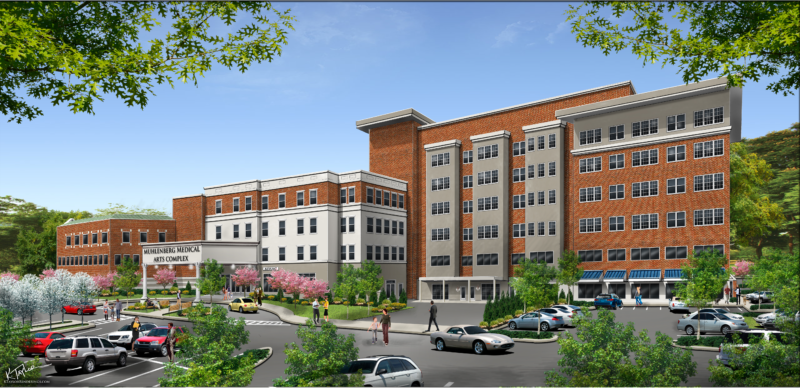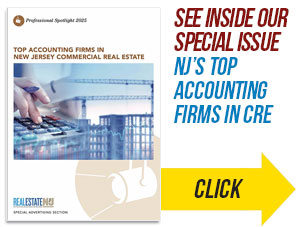Diversity is a point of emphasis for everyone at Chiesa Shahinian & Giantomasi, also known as CSG, one that is highlighted by its team of real estate lawyers. Women account for nearly a third of the members and half of the nonmembers within CSG’s real estate practice, which includes about 27 attorneys. Across all groups, women represent about a quarter of the firm’s members, a total that has continued to rise in conjunction with its overall growth in recent years.
Current Issue
Go inside the latest monthly issue of Real Estate NJ, the only New Jersey-based magazine dedicated to commercial real estate in the Garden State.
Forward-thinking suburbs ripe for growth
I am convinced more than ever that forward-thinking New Jersey suburbs are poised for a comeback. Many city residents, especially those in their 20s and 60s will seek alternate residences. Towns that have invested in their infrastructure and assets for the long term and are ready to accommodate this exodus of consumers and their preferences will be able to compete for this wealth of talent and the resources they bring to the community.
Strength in numbers: Brogan has led the effort to grow NJAA’s membership, impact and influence
The growth of the New Jersey Apartment Association over the past three years has been tough ignore: The organization has pushed to expand its ranks, create new benefits to members and raise its profile and influence among policymakers and fellow business leaders. Those strides have garnered national attention for both the organization and its leader.
Developer finding success with high-end condo project in Weehawken, its first in New Jersey
With move-ins slated to begin this month, Landsea Homes is off to an auspicious start at Avora, its new upscale condominium project in the Port Imperial section of Weehawken. The developer has sold 40 percent of the project’s 183 homes — with a formula that includes resort-style amenities, sustainable construction and what Gabe Pasquale proudly describes as a “bullseye view” of Midtown Manhattan.
A growth industry in the making
Insiders say that now is the time to discern which municipalities will be receptive to the prospect of legalized recreational cannabis, if and when it becomes a legal industry in New Jersey. That prospect is likely many months from being a reality, if not more, but the concept has the support of Gov. Phil Murphy and several well-known lawmakers.
Charting a course: KIPP New Jersey has been nimble, creative in finding new school locations in Newark
KIPP New Jersey has grown its portfolio of Newark charter schools with the type of nimble, resourceful approach that is often used by developers and real estate investors in urban settings. The proof is in the makeup of its portfolio, which includes everything from new construction and renovated facilities to leased spaces in places like the heralded Teachers Village project.
















